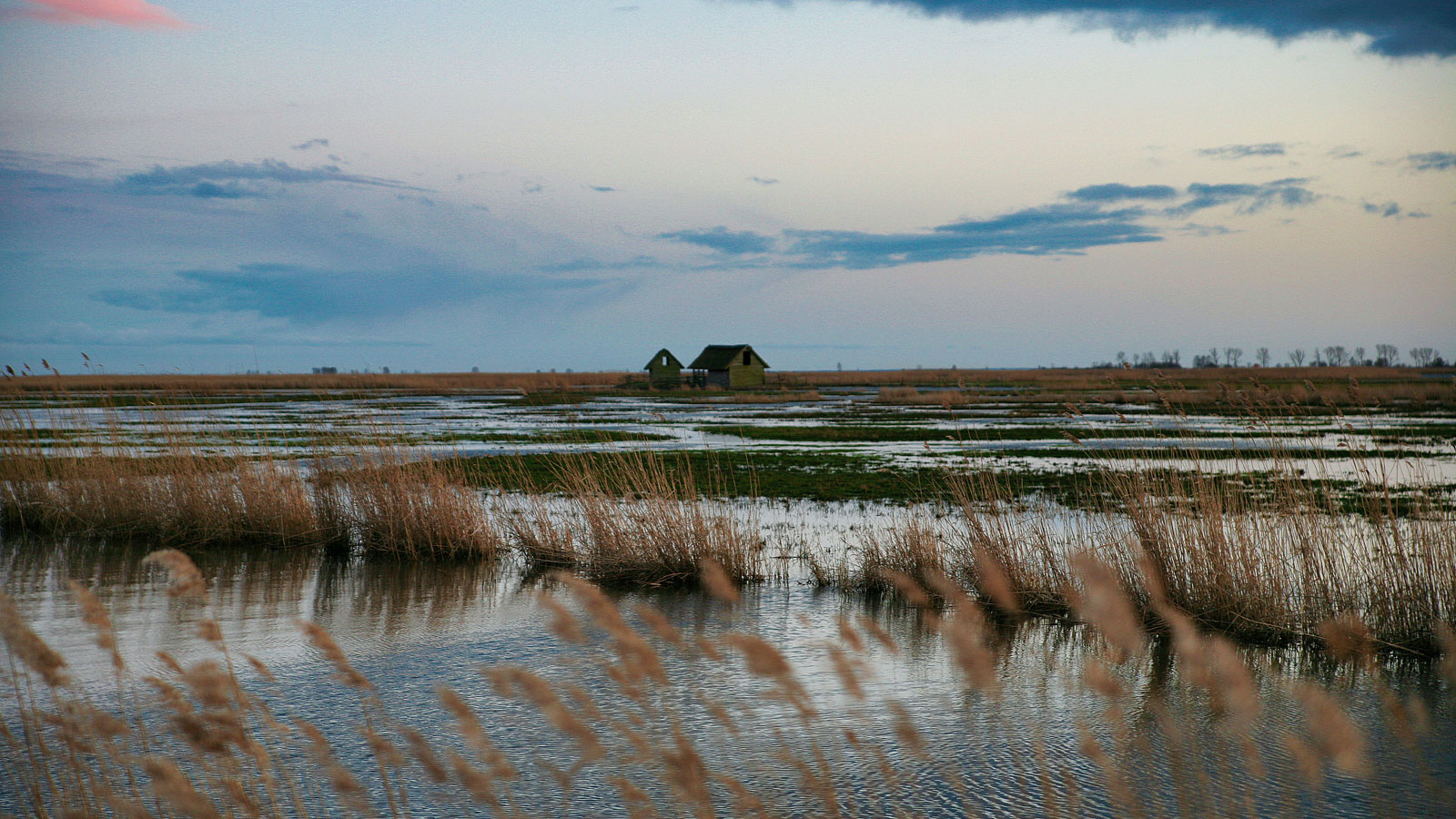With its sandy beaches, salt marshes and lush maritime forests, Georgia’s coastline is home to diverse wildlife.
“We have loggerhead sea turtles. We have Florida manatees. We have a range of migratory birds that stop over on our coast. … We have a lot of resident coastal birds as well, wading birds,” says Jason Lee of the Georgia Department of Natural Resources. “It’s a very diverse, important ecosystem.”
Lee says this coastal ecosystem is better able to adapt to climate change because many of Georgia’s barriers islands are unspoiled and protected from development.
With few roads, buildings, or other infrastructure in the way, the shoreline can move and adapt naturally in response to sea-level rise and storms.
“And that’s something we’ve seen born out repeatedly over the past few years,” Lee says. “As we’ve witnessed other states with severe erosional problems, and even areas within our coast that are more developed that are starting to have erosional problems associated with sea-level rise. Our natural areas have responded fine.”
So Georgia demonstrates that prioritizing conservation can help coastal areas better adapt to climate change.
Reporting credit: ChavoBart Digital Media
Source link


